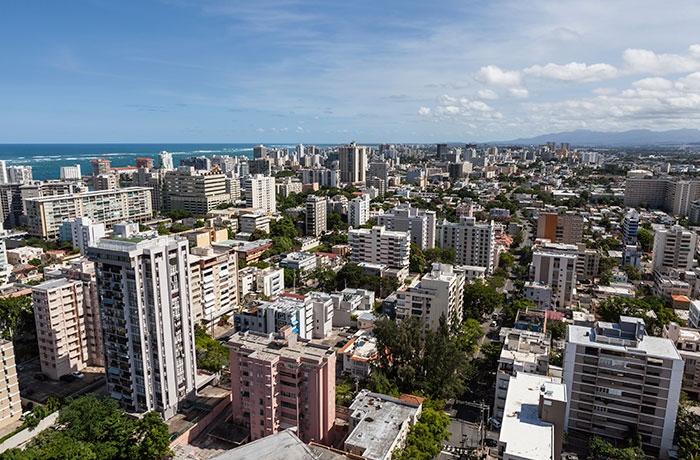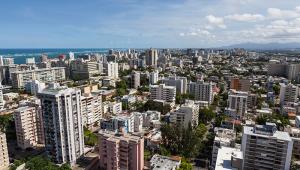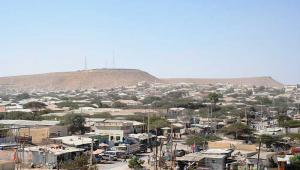700px-san-juan-puerto-rico-shutterstock_133779992.jpg

San Juan, the capital of Puerto Rico
After years of using borrowed money from municipal bonds to fill a growing gap left by declining government revenues, the country has amassed more than $70bn of debt – more than the country’s total GDP in 2015 ($68.5m), according to the government.
Between July 2015 and October this year, Puerto Rico defaulted on at least $1.4bn of debt payments according to a fiscal plan proposed by its outgoing governor, Alejandro Garcia Pidalla, in October. Not all debts were included in this.
Garcia Pidalla submitted the plan to a board appointed to help Puerto Rico climb out of financial crisis. At a meeting of the board last week, members said the plan was too reliant on federal support.
Any further finance from the US government was unlikely, the board said, and the country was told to brace for spending cuts and deeper reforms.
Also speaking in front of the board was Eric LeCompte, executive director of the Jubilee USA Network, which advocates for a fairer financial system for the world’s poorest.
In his view, a haircut is necessary – a proposal some bondholders have expressed they are willing to consider if they see a credible plan from Puerto Rico, which they argue has not yet happened.
In a statement following the submission of the plan, a group of Puerto Rico’s bondholders, known as the Ad Hoc Group, said: “In his new fiscal plan, governor Garcia Padilla continued to demonstrate a wholesale disregard for fiscal soundness, factual accuracy and his obligations under PROMESA [US legislation to help Puerto Rico restructure its debt] and Puerto Rico’s constitution.”
LeCompte also called for a clause in the debt restructuring agreements to take into account of Puerto Rico’s vulnerability to shocks, ranging from hurricanes to global financial crises.
This would work in a similar way to the ‘hurricane clause’ in a restructuring deal to Grenada, which suspends debt repayments when Grenada is hit by certain external shocks.
Debt restructuring should also differentiate between civil entities holding Puerto Rican debt and external creditors when it comes to haircuts, which the former might be less able to endure, and perhaps link repayments to GDP.
LeCompte said pegging returns for creditors to economic growth deters “predatory behaviour” and establishes that success for Puerto Rico means success for everyone.
He also highlighted some areas in the country’s fiscal plan that could be better addressed. These included: revenue collection, in particular with regard to tax evasion and avoidance; investments in renewable energy; budget transparency and accountability legislation. He also called for protection for public sector jobs, while acknowledging the need to rationalise the sector.
LeCompte stressed that the situation is only deteriorating in Puerto Rico, where cuts to services and a crashing economy are hitting the country’s population, 45% of which live in poverty.
“Debt restructuring is the key to ending this crisis and the clock is ticking,” said LeCompte.













